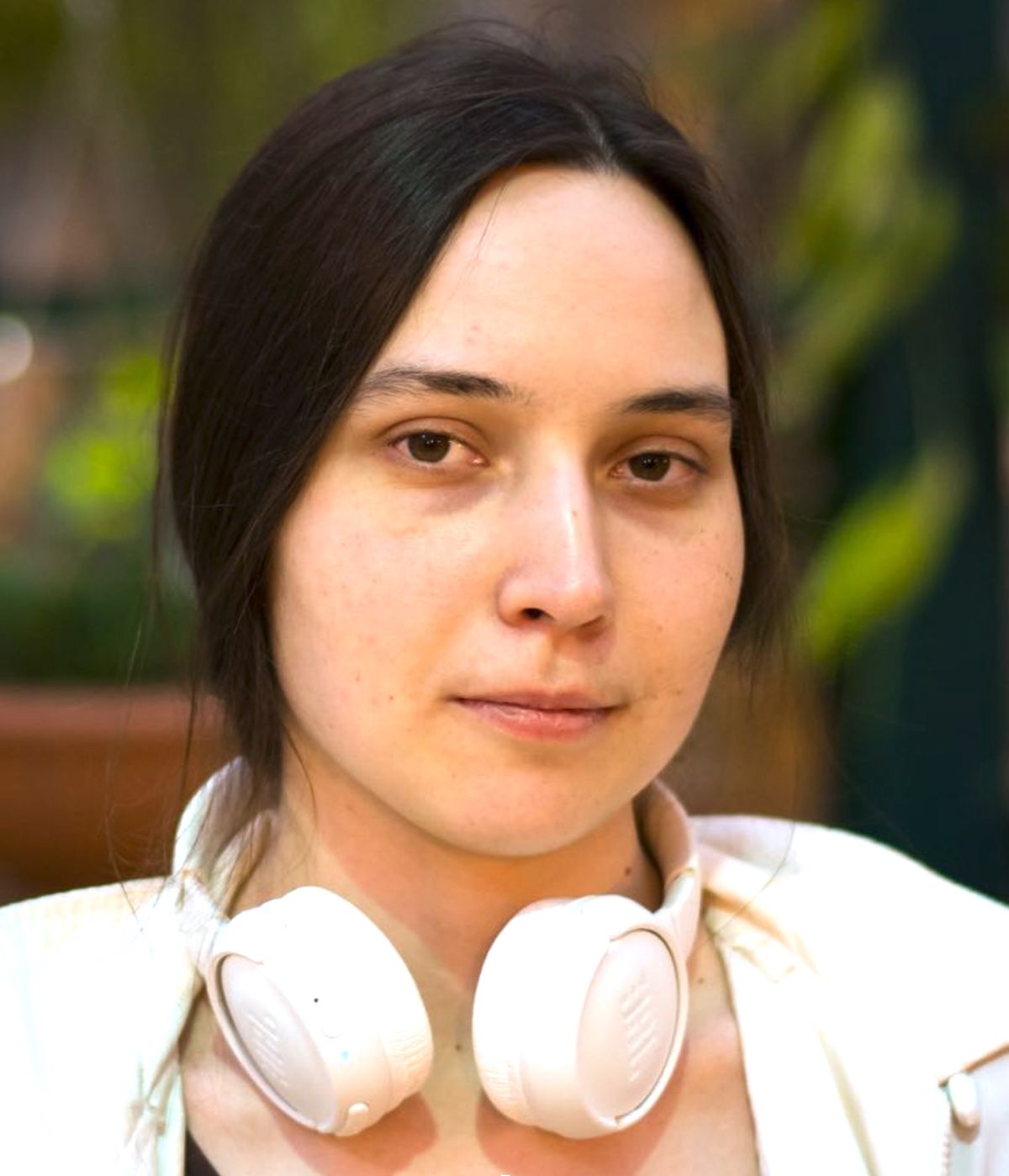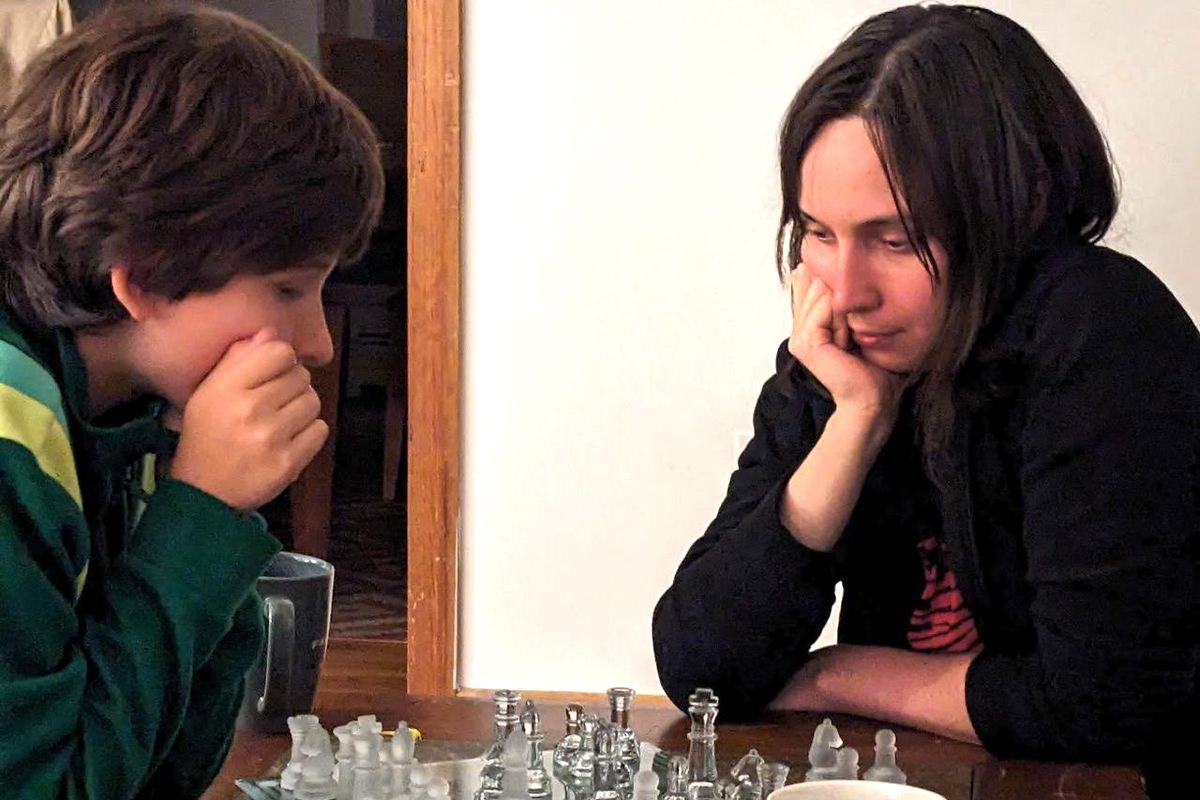ICE detains Harvard researcher from Russia who protested Ukraine war
Harvard researcher Kseniia Petrova was detained as she returned from Paris. (Courtesy of Leon Peshkin)
A 30-year-old Harvard researcher from Russia has been held for more than a month at a private detention center in Louisiana where federal immigration officers are sending a growing number of international students with lives here suddenly in jeopardy.
Unlike others, Kseniia Petrova is not accused of publicly opposing Israel’s war in Gaza or U.S. support for Israel. She was pulled aside as she returned from Paris on Feb. 16 after failing to tell customs agents at Boston’s Logan International Airport that she was bringing back frog embryos for scientific work her mentor is pursuing.
Should she lose her fight to retain her visa and stay in this country, her university supervisor, friends and lawyer worry she would be deported to Russia. Given her past involvement in protests against that country’s invasion of Ukraine, they fear she could be imprisoned for years.
“It’s quite likely,” attorney Gregory Romanovsky said late Thursday.
Petrova arrived at Harvard in 2023 by way of Europe, where she had fled after Russian authorities arrested her over speaking out against the war and criticizing President Vladimir Putin online.
“She’s the most impressive person, incredibly productive,” said Leon Peshkin, principal research scientist in systems biology at Harvard Medical School. He was looking for an assistant, and Petrova’s qualifications, especially her master’s degree in applied mathematics and physics, were an ideal match.
Her trip to Paris was to visit friends. Given complications Peshkin has experienced when French colleagues try to mail him research samples – which he describes as “fixed, nontoxic frog embryos” – he asked Petrova to bring some with her when she returned to Massachusetts. He now calls his request “a huge mistake.”
As she came through U.S. customs, Petrova either forgot she had the samples or didn’t want to bring attention to them, Peshkin said. So she didn’t declare them. The usual consequence of such a violation is forfeiture of the identified item, a fine of up to $500 or both, Romanovsky said.
“Instead, they decided to punish her through this expedited removal process,” he added, noting that the officers had “no legal basis” for revoking her J1 visa over this violation. The visa category allows foreign nationals to come to the United States for study, teaching, research or related purposes.
According to a spokesperson for the Department of Homeland Security, Petrova “was lawfully detained after lying to federal officers about carrying biological substances into the country. A subsequent K-9 inspection uncovered undeclared petri dishes, containers of unknown substances, and loose vials of embryonic frog cells, all without proper permits. Messages found on her phone revealed she planned to smuggle the materials through customs.”
Petrova was sent first to a holding facility in Vermont, then transferred by Immigration and Customs Enforcement to Louisiana. She began sharing a cell there with some 70 women, Romanovsky said – “and the cell wasn’t even full yet.”
An immigration court hearing, at which she plans to seek asylum, is scheduled for early May. A hearing on a habeas corpus petition – which he filed in U.S. District Court in Vermont just before Petrova’s transfer – isn’t until June. Romanovsky has more than two dozen letters of support from her colleagues at Harvard.
This case “tells me a lot about the times we live in,” he said. “We are proudly heartless right now.”
Susan Levine and Arelis R. Hernández contributed to this report.

